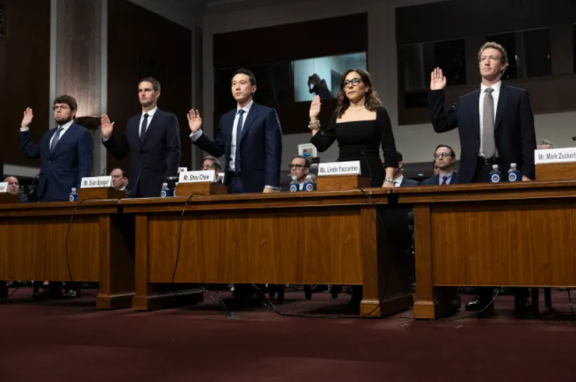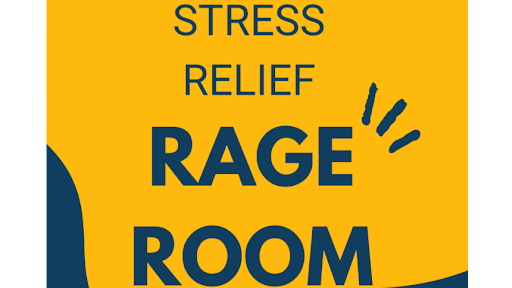What is the IB Career Certificate program?

The IB Career Certificate program is one that is not explained and highlighted as much as the International Baccalaureate program. Although it is an essential portion of the IB program, not much emphasis is put on it. It is offered as part of the IB program and integrates life-long learning skills with the practical skills of career-related courses.
It was developed specifically for students who wish to be involved in career-related learning while attaining transferable and lifelong skills in applied knowledge, critical thinking, communication, and cross-cultural engagement.
The program is ideal for rising juniors looking to enroll in CTE courses that teach real world applications combined with the rigor of related IB courses. The CTE department offers career-related fields of study such as: army JROTC, automotive technology, business and information technology, culinary arts, marketing, and technology education.
Compared to the IB program, IBCC is somewhat simpler and less rigorous. Two IB courses are required to be completed throughout junior and senior year. They must be sequential courses in a chosen career-related field of study with the opportunity to earn industry recognized certification.
Another requirement is the Approaches to Learning course. ATL is a half-credit course spanning two years that develops workplace readiness skills. Students have the chance to complete a portion of the work on the computer, in collaboration with others across FCPS in the same career-related field of study.
The language acquisition piece is a language portfolio developed over two years indicating a global understanding in the chosen career-related field of study. The Reflective Project is a student centered project examining all sides of an ethical dilemma associated with the chosen CTE course. The final component focuses on collaborative community service efforts.
The IBCC leads to further, higher education, apprenticeships or employment. Students’ participation in the program may be highly appealing to employers, universities and other institutes of higher education. It may also increase chances of students attaining scholarships, internships, etc. It is a suitable choice to look into for candidates who have already decided a specific career field or even for those who wish to find out where they belong.
For additional information about the program contact Susan Brownsword, the IBCC coordinator at skbrownsword@fcps.edu or in room 705.















